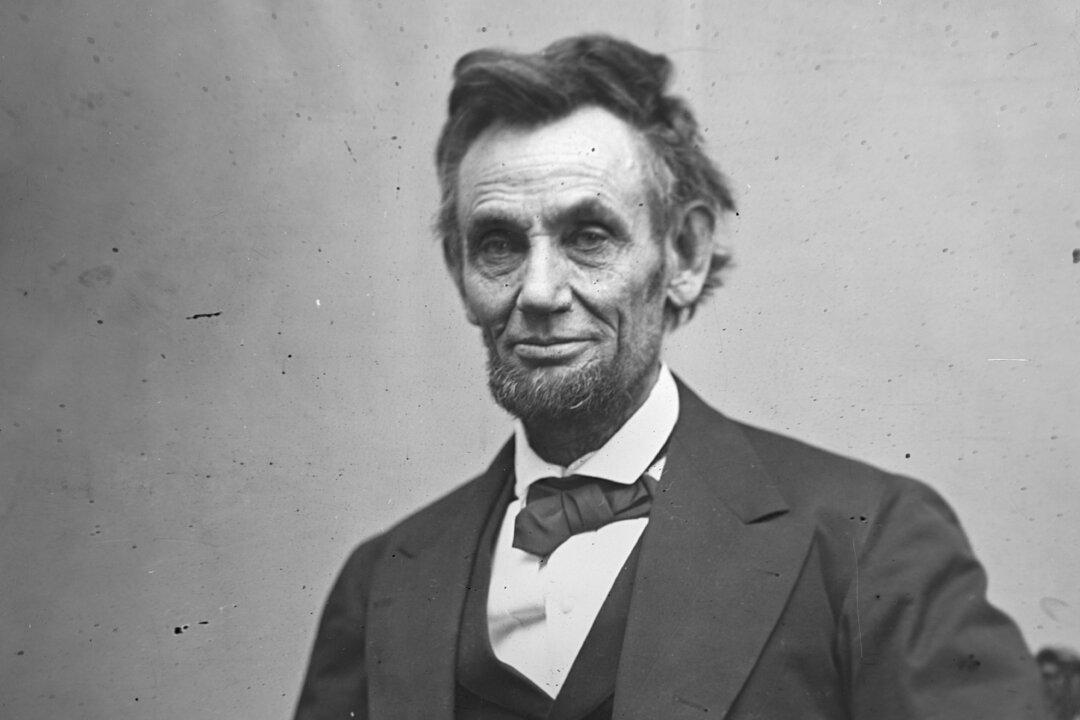Commentary
With all the tumult surrounding the beginning of President Donald Trump’s second term, there is once again an uptick in talk of concern about the future of the republic. But our problems are not just related to Trump or the MAGA movement. For a number of years, polls have shown Americans across the political spectrum expressing anxiety about our country’s fate. More than three-quarters of respondents to a New York Times/Siena College Poll in October 2024 said American democracy is under threat. A Marist Poll conducted in April 2024 found that almost half of Americans believe that a civil war is likely—or very likely—in their lifetime. The cause of these fears is our partisan divide, a divide uniquely pernicious because the nature of partisanship has changed dramatically.

